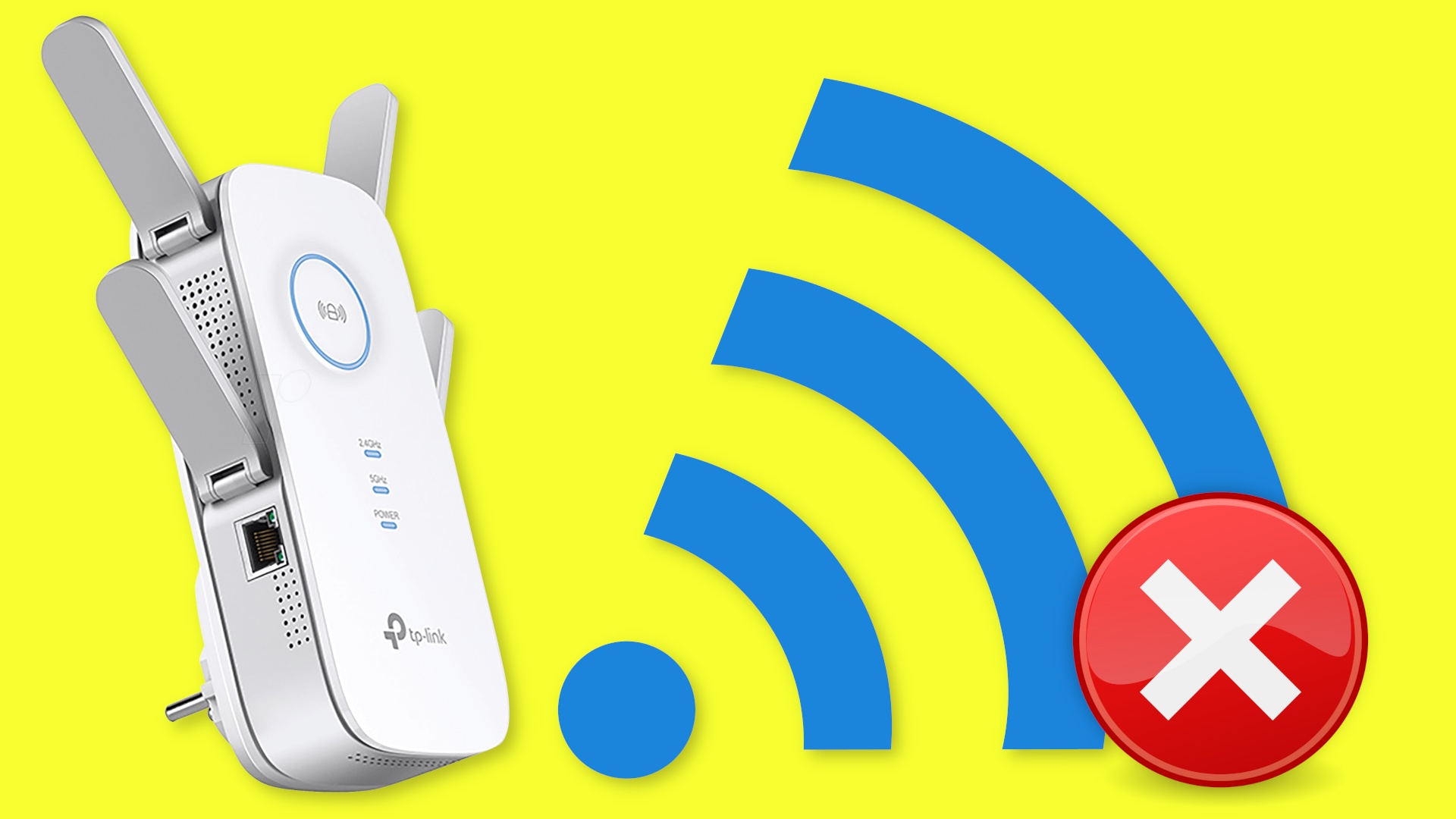Anyone who is confronted with poor WiFi reception at home or in the company will sooner or later stumble across the so-called WiFi repeaters or extenders.
They are usually very cheap to buy and often promise high transmission speeds with increased range for your network at the same time.
As always, there is one, or in this case several catches. Here you can find out why they are not always well-suited and which alternative is better.
What exactly are WiFi repeaters and how do they work?
WiFi repeaters do exactly what the name suggests: they repeat. Imagine you want to talk to a person who is standing at the other end of a 100-meter train.
In order for your message to reach them, it is necessary for someone to stand at the 50-meter mark, record your message and pass it on to this person or – repeat it.
You can imagine a repeater in a WLAN network in the same way.
Most repeaters not only pass on the signal but also amplify it.
What are the advantages of WiFi repeaters?
Let’s start with the points that speak for WiFi repeaters. First and foremost, they are one thing above all: cheap. Most of them have price tags in the double digits and many of them cost less than 30 euros. In addition, there is relatively low power consumption.
They are also very suitable for bridging short distances. Just imagine the example from above again: The closer the repeater is to the signal source, the better it understands it and can pass on and playback the message better. So if there is little distance between the router and the repeater, only a few compromises have to be made. More on that later.
Finally, they are relatively easy to set up. WiFi repeaters are usually simply plugged into an outlet and connected to your router. They then set up their own Wi-Fi signal, with which you have to connect your end devices.

The disadvantages
Let’s get to the points that speak against WiFi repeaters.
A disadvantage is the limited range. While using repeaters works great over short distances, their usefulness drops off rapidly as the distance from the router increases.
Also, with overlapping signals, it’s often the case that your device won’t connect to the source with the strongest signal. This means that you have to cumbersomely reconnect the connection when changing rooms.
If you use identical SSIDs for repeaters and routers, you could theoretically work around the problem, but most devices will stubbornly stick to a poor signal quality before automatically connecting to a better source.
Which alternative is better?
If your WiFi signal isn’t strong enough, using a dedicated WiFi router might help. These are wired to your main router and serve as a WiFi access point for your devices.
In many cases, these offer a significantly stronger WiFi signal than the devices provided by your internet provider.
An even better alternative, which is especially useful for large apartments, houses, and businesses, is to set up a mesh network.
In such a network, several nodes are distributed, all of which are connected to one another. Wifi repeaters can also be integrated into a mesh as such, but only with devices from the same manufacturer.
Additionally, a mesh network is not a collection of SSIDs , but a single network that you connect to. Your devices are always connected to the access point that provides the best signal and the switch is seamless and uninterrupted .
However, mesh networks are not without disadvantages: both the acquisition costs and the operation are more expensive . The more nodes you use for your network, the higher the total power consumption.
Conclusion
A wifi repeater can be worthwhile if you only need to cover a short distance and it is not necessary to cover a large area. In such a case, it is more worthwhile setting up a mesh network that not only increases the range, but also enables seamless switching of access points without disconnections.
If you only want to supply a single device with Internet, such as your PC, it is worth laying a long Ethernet cable, if that is possible. Of course, cables are not an option for smartphones, tablets, or handheld consoles.




